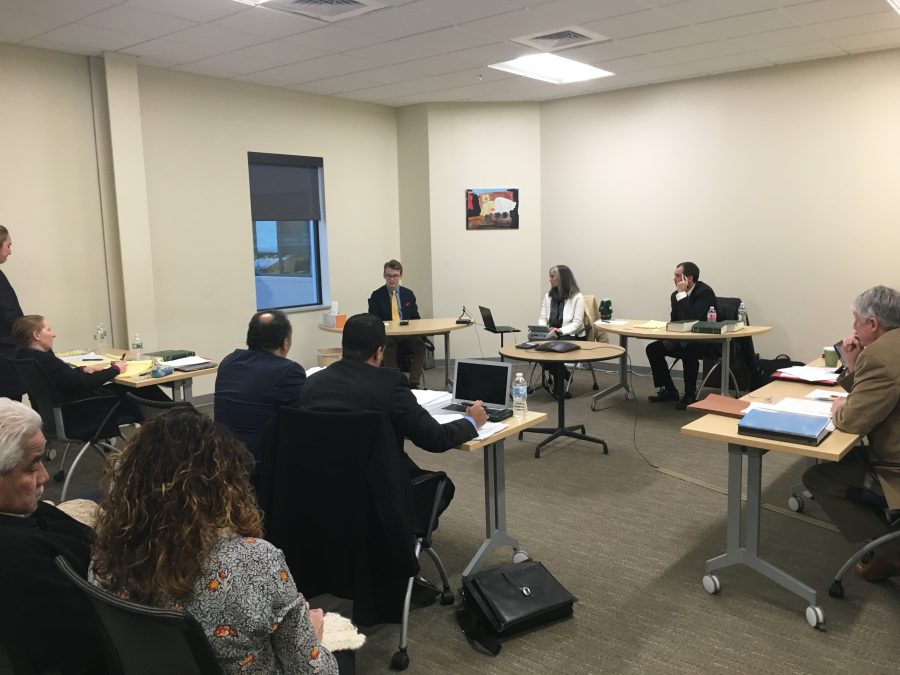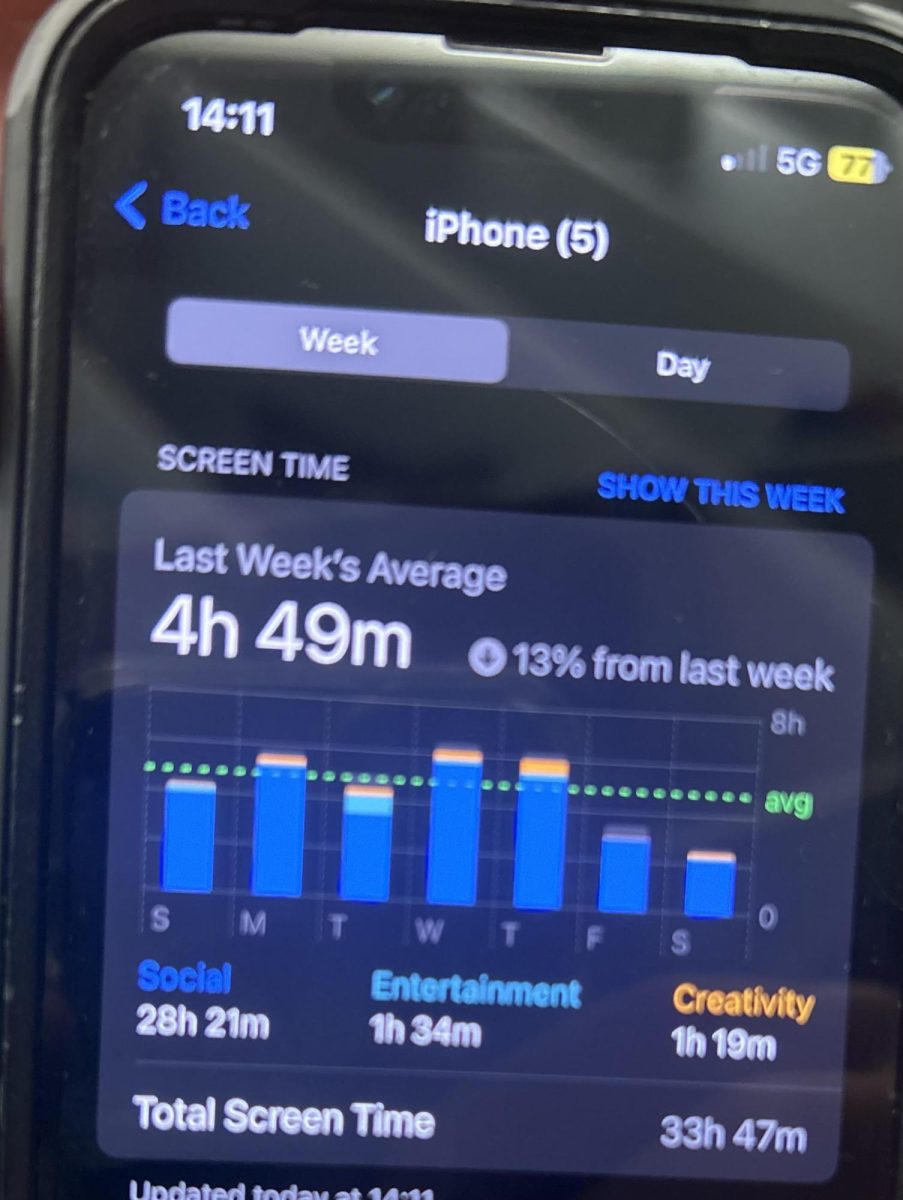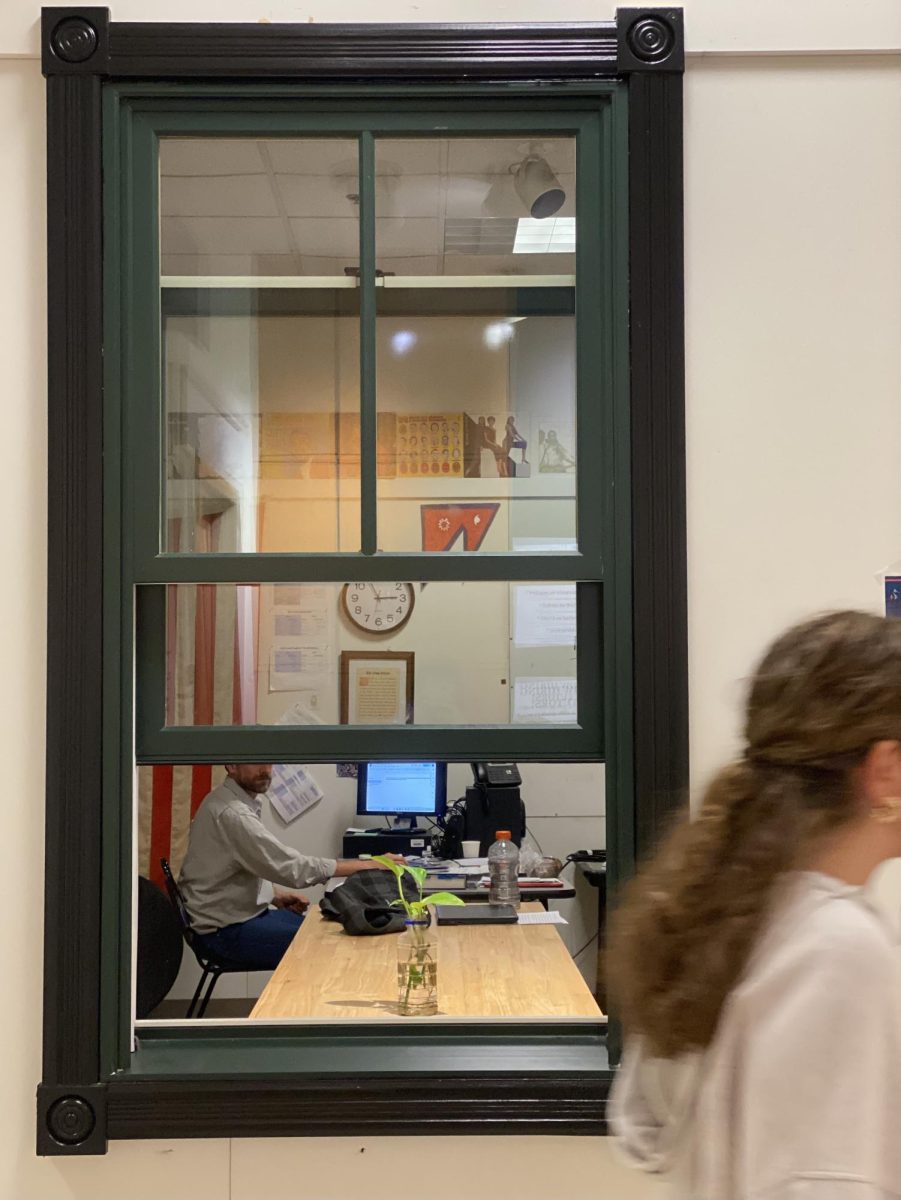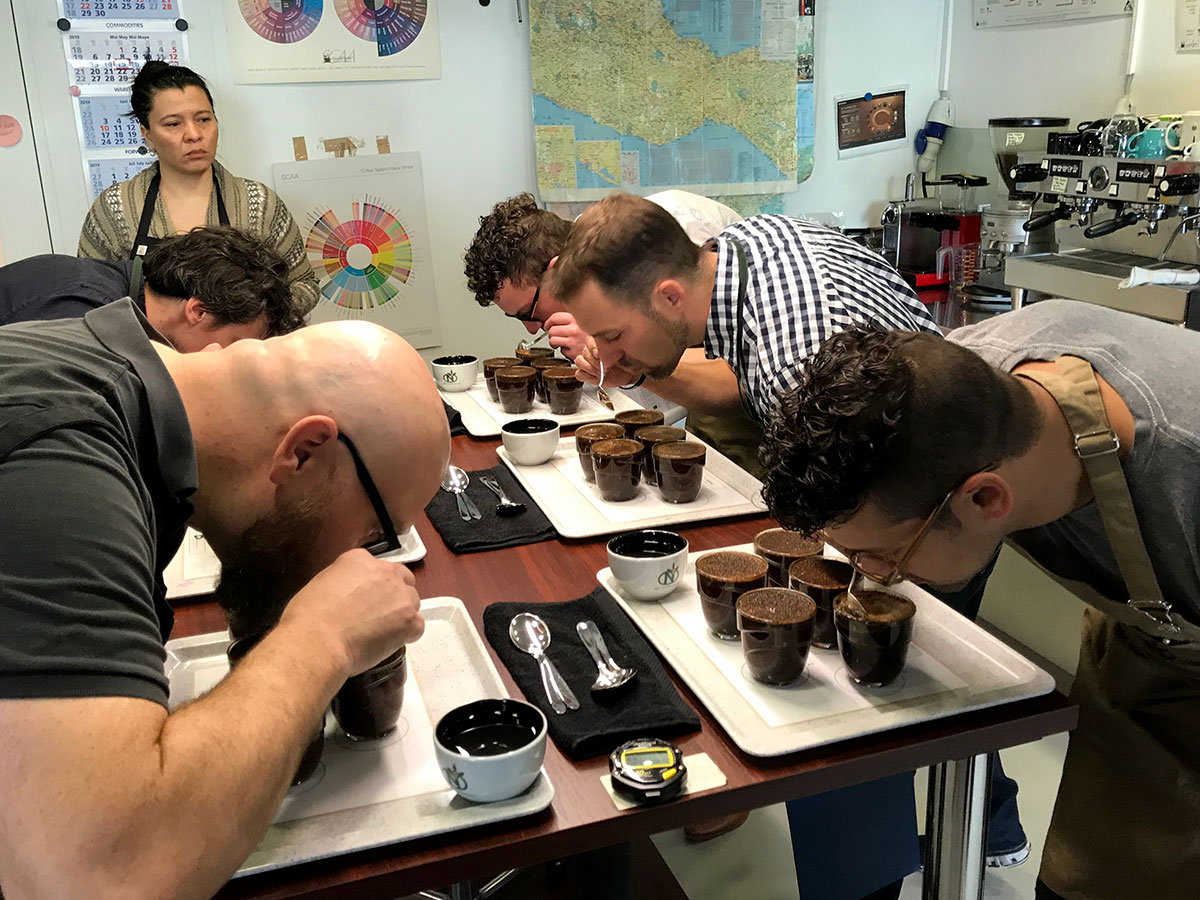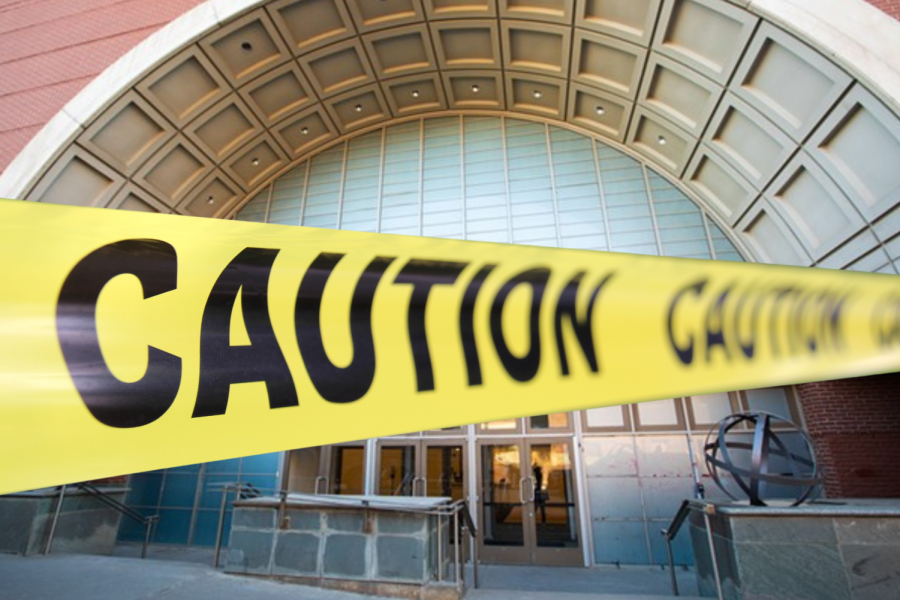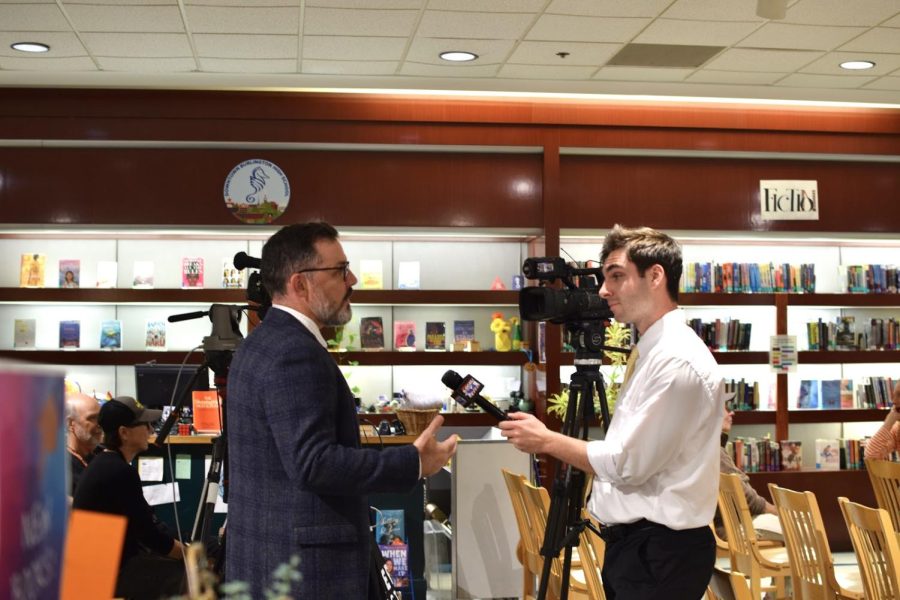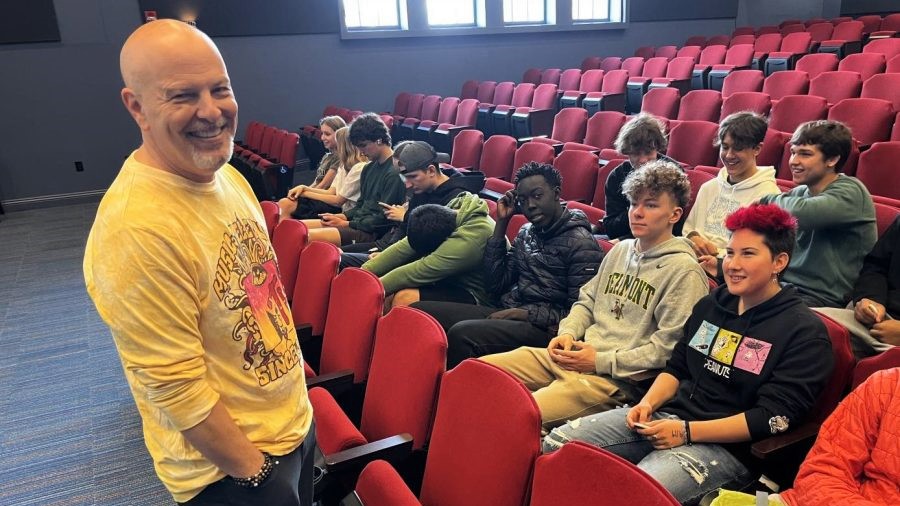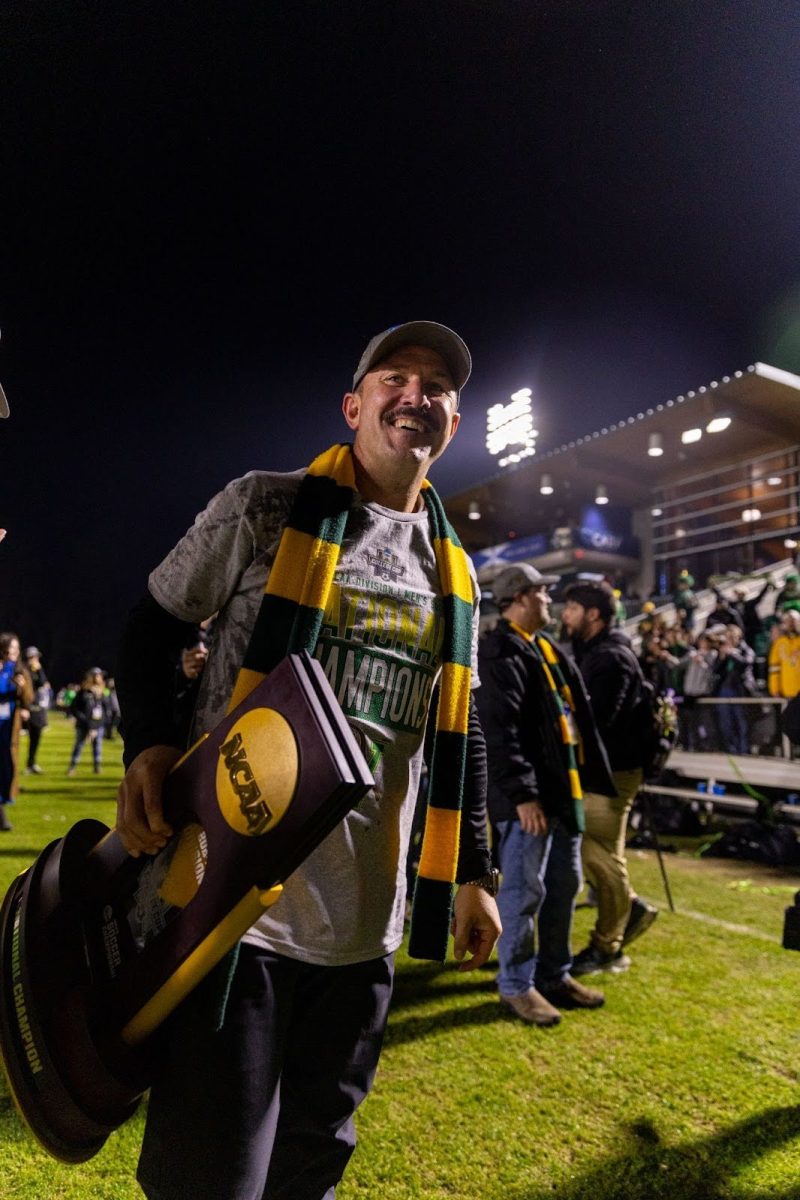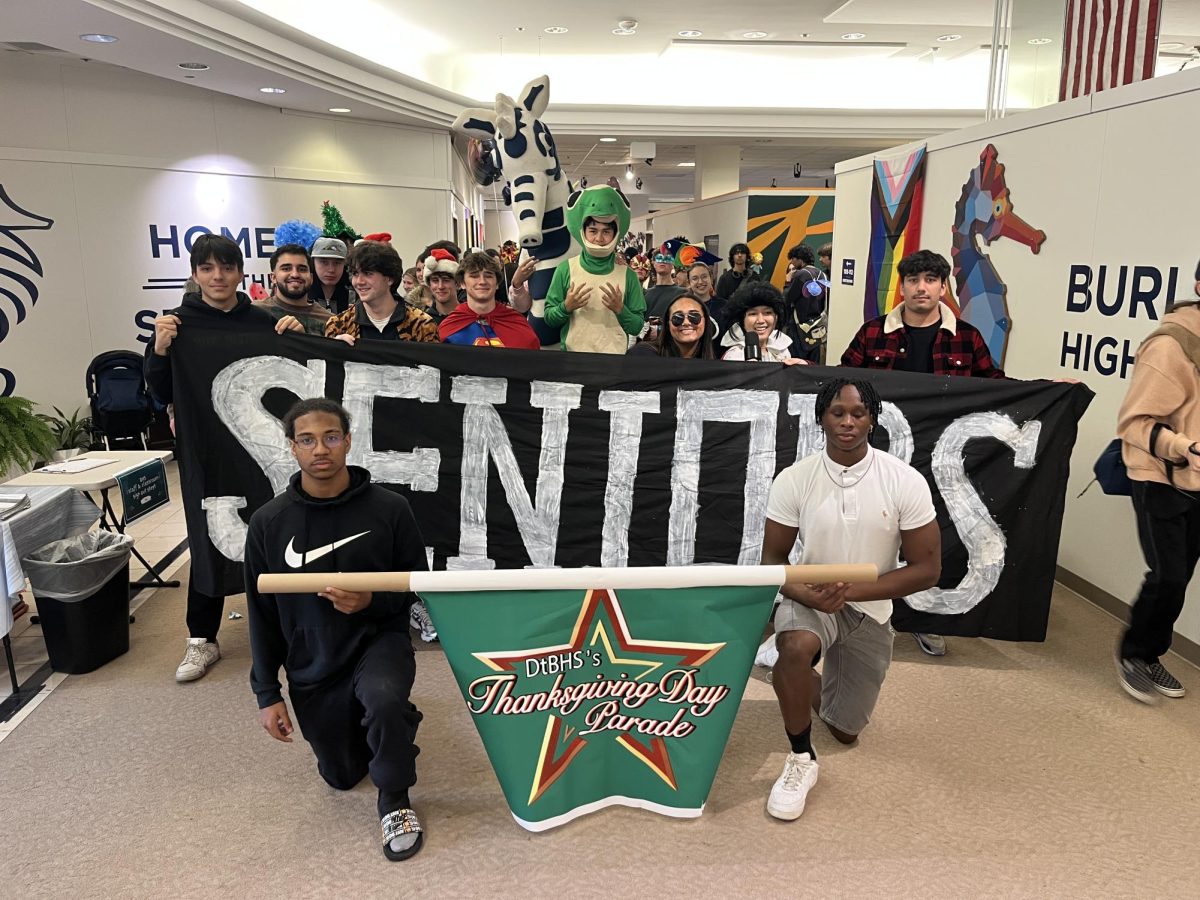Halle Newman
THURSDAY, DECEMBER 13- The Vermont Agency of Education (AOE) held the second hearing for Burlington High School (BHS) Director of Guidance Mario Macias. After a yearlong investigation, the AOE charged Macias with seven counts of unprofessional conduct, and Vermont Secretary of Education Daniel French recommended that Macias’s educator license be revoked. The first hearing took place on November 15. A third day of testimony is scheduled for tomorrow.
Former BHS guidance counselor Yvette Amblo testified today. Amblo resigned in the spring of 2017, at the end of Macias’s first year as Director of Guidance.
“I had no option but to leave my job after 20 years at BHS,” Amblo said.
Amblo said Macias created a hostile work environment in which she could not perform her duties to the best of her ability.
She recalled a moment in the beginning of the 2016-2017 school year when Macias “lept” out of his chair and pointed his finger in her face, informing her that she “was the problem” in the department.
“I dreaded going to work,” Amblo said. “I felt unsafe.”
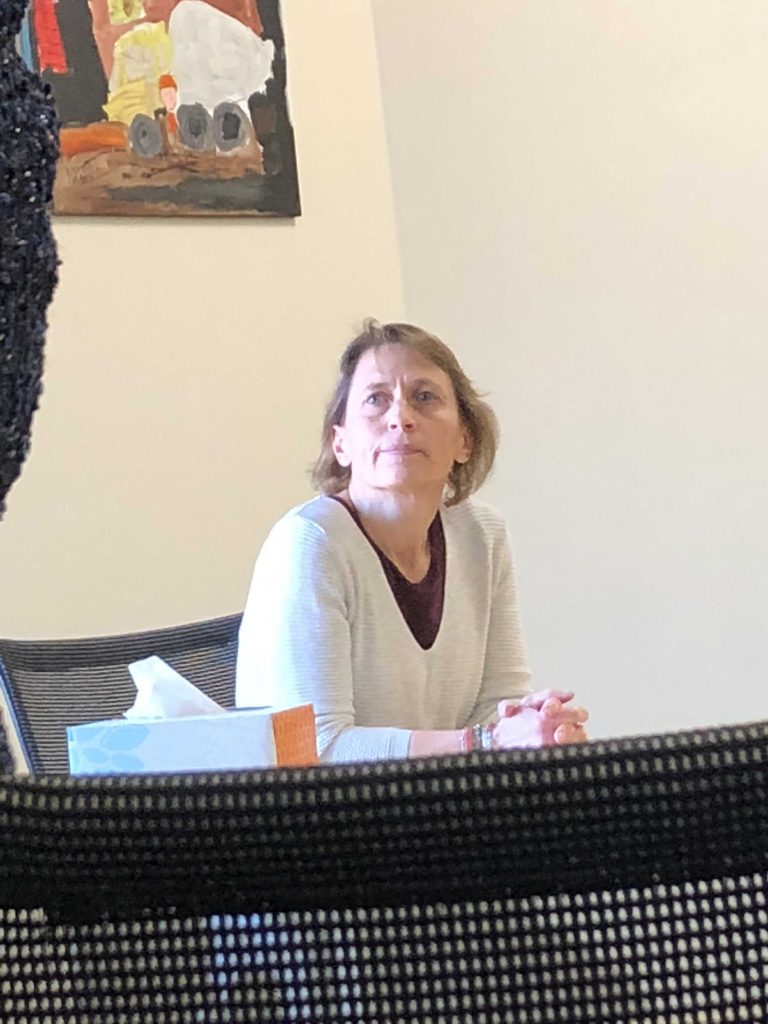
Amblo said as a group the guidance counselors went to administration many times about Macias, and wrote a letter addressing their concerns to then interim Principal Tracy Racicot.
“We had responsibly asked over and over for help… There was no sustainable change,” Amblo said. “He wasn’t held accountable for any change. I was hopeless.”
Amblo also testified that when she was reviewing Macias’s application, she found a confidential student transcript from Manchester Regional High School in Haledon, New Jersey tucked inside. Macias was a Dean of Students at Manchester Regional High School for four years prior to his move to BHS.
“It set off some red flags for me right away,” Amblo said.

Former BHS guidance counselors Larissa Urban and Simrat Peltier also testified today. (The Register was not present for these testimonies.) Urban resigned in the spring of 2017 after working at BHS for 14 years. Peltier resigned in the spring of 2018 after only one year at BHS.
WCAX reported that Urban and Peltier shared experiences similar to Amblo’s.
“I started having some experiences with [Macias] that I felt disrespected and belittled, and that became how I would characterize that relationship for the remainder of the school year,” Peltier said in her testimony, as reported by WCAX.
In the afternoon, Emily Russen, a former University of Vermont (UVM) student who was placed at BHS to study to become a counselor herself testified over the telephone. According to the UVM College of Educational and Social Services website, UVM students in the counseling program are “required to an introductory supervised experience in counseling in a laboratory setting.”
Russen testified that she was concerned about the way Macias was treating Adrien Preston, a former BHS Guidance Counselor who resigned in the spring of 2017 alongside Amblo and Urban.
“I had some concerns sharing information regarding working with my students, and where that information would go,” Russen added.

AOE Hearing Officer Adam Powers listens to Smith. Photo: Halle Newman 
The Hearing Panel (Chris Pratt, Francis Aumand, and Dana Peterson) listen to Guzman’s questions. Photo: Halle Newman 
Aumand watches as Guzman prepares to question those called to the stand. Photo: Halle Newman
Lance Smith, Ph.D and Associate Professor at UVM directs the practicum program at UVM. He testified today, and said that UVM made the decision in May of 2017 to stop placing their counseling students at BHS. Smith said his department sent students to BHS for their practicum for twenty years, but stopped because of Macias’s unprofessional behavior towards two of his students.
“I felt uncomfortable [at BHS] as an internship student,” Russen said in her testimony.
BHS math teacher Marcel Girouard testified that his Advanced Placement (AP) Statistics students reported that Macias, who proctored the AP Statistics exam for about twenty students, did not provide an adequate testing environment. Girouard said students told him they were allowed to leave the testing room as soon as they were done with the test, unlike the other testing room, where the students had to stay until the end.
“The same exact, same nationally proctored exam was being administered in two different ways,” Girouard said in his testimony. “I felt the need to alert higher administration.”
Girouard said the AP Board conducted its own investigation, but that he never received the results. His students’ scores on the test remained valid and were accepted by the AP Board.
Jackson Elder, a BHS senior, was one of the students taking the AP Statistics exam in Macias’s room last May.
Elder testified that during the test, students were speaking and whispering, drawing on a whiteboard, traveling to the bathroom in pairs. He said he thought this was “weird” because he knew from taking the US History AP exam that only one person was allowed to go [to the bathroom] at a time. Breaktime also seemed unusual to Elder.

“One of the seniors…asked if we could take our break early, because it looked like everyone was done,” Elder said. “And Mr. Macias said, ‘We’re going to wait until everyone is finished’, and looked toward the back of the room where there was a female student still working.”
Elder said the students all looked back at the student who was still finishing. The student said she could be done with the first section of the test, and Macias said he did not want to rush her.
“It still looked like she was working on her test,” Elder said. “She said, ‘no, it’s okay, I don’t mind’, and then we proceeded to take our break.”
Once a section of an AP test is finished, students are not allowed to return to it. Elder said the break between sections came half an hour early.
“I felt weird because I knew what happened wasn’t supposed to happen,” Elder said.
The hearing process will continue tomorrow, when Macias will present his case and testify before the hearing panel.



